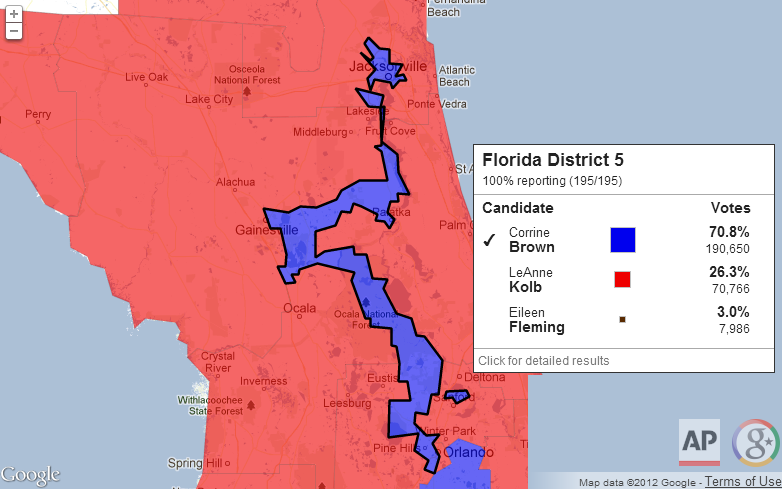Couple different parts to the opinion. Background: 2011 maps were never incorporated due to a preemptive challenge. They were revised in 2013 by the Texas legislature (incorporating some recommendations from the court) before the case concluded. Some parts were not significantly changed (2011 districts), and some were (2013 districts). The 2013 maps were used for a couple elections. The lower court later struck down parts of the 2013 map. They had three reasons for doing so, which Scotus discussed separately.
- the lower court found flaws in certain 2011 districts and, because those defects were not cured by the 2013 legislature, invalidated them.
Scotus overturned this part of the holding on the basis that the lower court was reviewing the 2013 legislature, not the previous process. (so they couldn't grandfather any alleged discriminatory intent). The standard is whether the 2013 legislature set out to racially gerrymander, and the lower court didn't apply it properly (specifically, they should have evaluated whether plaintiffs had shown that they had instead of inferring it from inaction)
- The lower court alternatively found that three 2011 districts had the effect of depriving Latino voters of representation.
Scotus reversed this because it found a good basis for the way those districts were drawn. Page 35-36 is the best example of this reasoning.
- A fourth 2013 district was a racial gerrymander.
Scotus agrees- they noted that the legislature made several changes exclusively for race-based reasons. Texas argued that they did so to ensure that Latino voters had some representation as discussed above.
(Under the VRA, it is
sometimes ok to consider race to ensure minorities get some level of representation- that is what "Latino-performing" or "latino opportunity" refers to). Scotus rejected that argument because Texas did not show that the race-motivated alteration was necessary to create a latino-opportunity district.




